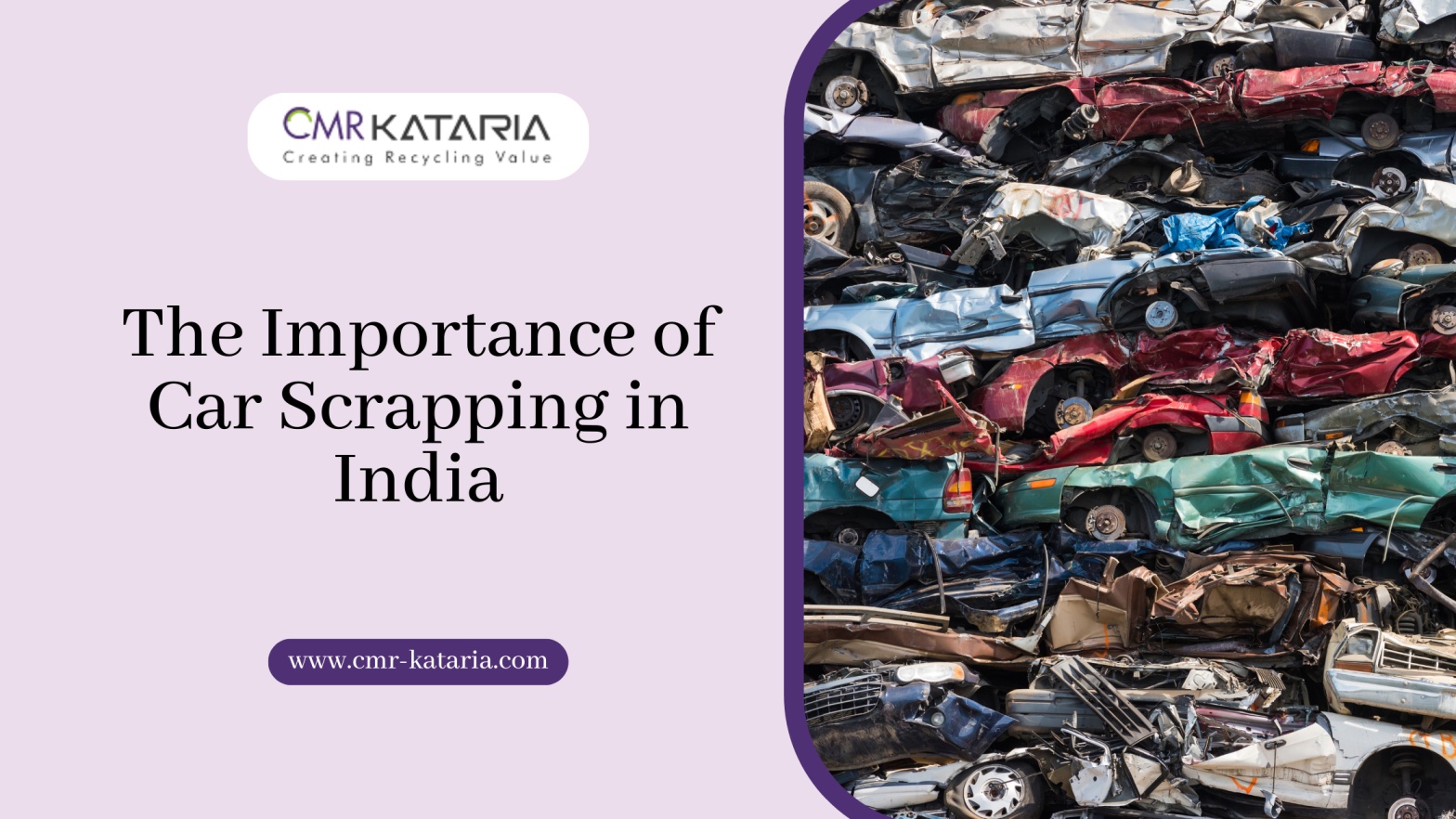India faces hundreds of issues when it comes to environmental degradation and traffic congestion. One of the most significant contributors to these issues is the increasing number of old, polluting vehicles on the roads. Recognizing this problem, the Indian government has taken a significant step towards sustainable development by introducing the Car Scrapping Policy. The car scrap companies in India have started preaching on the importance of the process.
The top listed vehicle scrapping companies in India have always focused on the importance of public awareness on car scrapping. The following are the main reasons
- Environmental Awareness: Public awareness of the environmental impact of old, polluting vehicles is essential. By understanding the importance of car scrapping, individuals can make informed decisions about their vehicle choices and actively contribute to reducing air pollution and mitigating climate change.
- Health and Well-being: Polluted air resulting from vehicular emissions poses significant health risks, including respiratory problems, cardiovascular diseases, and even premature death. By comprehending the significance of car scrapping, individuals can advocate for cleaner air and healthier living conditions.
- Road Safety: Many old vehicles lack advanced safety features, making them more susceptible to accidents. Understanding the importance of car scrapping helps the public recognize the critical link between road safety and replacing outdated vehicles with newer, safer ones. By supporting scrapping initiatives, individuals contribute to reducing the number of unsafe vehicles on the road, thereby improving safety for themselves and others.
- Economic Impact: The public’s understanding of car scrapping is essential for realizing the economic benefits associated with it. Scrapping policies stimulate the automobile industry, leading to increased production, job creation, and technological advancements. When people are aware of these positive economic impacts, they are more likely to support and participate in car scrapping programs, contributing to overall economic growth.
- Resource Conservation: Car scrapping plays a vital role in conserving valuable resources. By understanding the significance of recycling and reusing vehicle components, the public can actively support recycling initiatives and contributes to a circular economy.
- Government Initiatives: Public awareness and understanding of the importance of car scrapping can exert pressure on governments to develop and implement effective policies and regulations. By actively engaging in discussions, supporting advocacy groups, and voicing their opinions, the public can influence decision-making processes and ensure that policies align with environmental and societal needs.
How car scrapping helps?
Reducing Vehicular Pollution
Older vehicles are major contributors to air pollution, releasing harmful emissions that have adverse effects on public health and the environment. Scrapping these outdated vehicles will considerably reduce vehicular pollution, resulting in a cleaner air and healthier living conditions.
Promoting Road Safety
Older vehicles often lack modern safety features and have outdated technology, making them more prone to accidents and breakdowns. The Car Scrapping Policy encourages the replacement of these unsafe vehicles with newer ones that meet the latest safety standards. By promoting road safety through scrapping, the policy aims to reduce accidents and fatalities, safeguarding the lives of motorists and pedestrians alike.
Boosting the Automobile Industry
The Car Scrapping Policy presents a unique opportunity for the Indian automobile industry. As older vehicles are scrapped, there will be a surge in demand for new cars, leading to increased sales and production. This can eventually result in more employment.
Resource Conservation and Recycling
Car scrapping not only helps in curbing pollution but also facilitates the conservation of valuable resources. Old vehicles often contain components that can be recycled and reused, such as metals, plastics, and batteries. Recycling these components not only conserves resources but also minimizes the environmental impact associated with their production.
Improved Fuel Efficiency and Reduced Dependence on Imports
Older vehicles tend to have lower fuel efficiency compared to their modern counterparts. By encouraging the scrapping of such vehicles and replacing them with newer models, the Car Scrapping Policy aims to improve overall fuel efficiency.
A big step towards a cleaner, safer, and more sustainable future has been made with the introduction of India’s Car Scrapping Policy. The strategy is expected to have a profound effect on the automotive industry by tackling the problems of pollution, road safety, resource conservation, and fuel efficiency.







